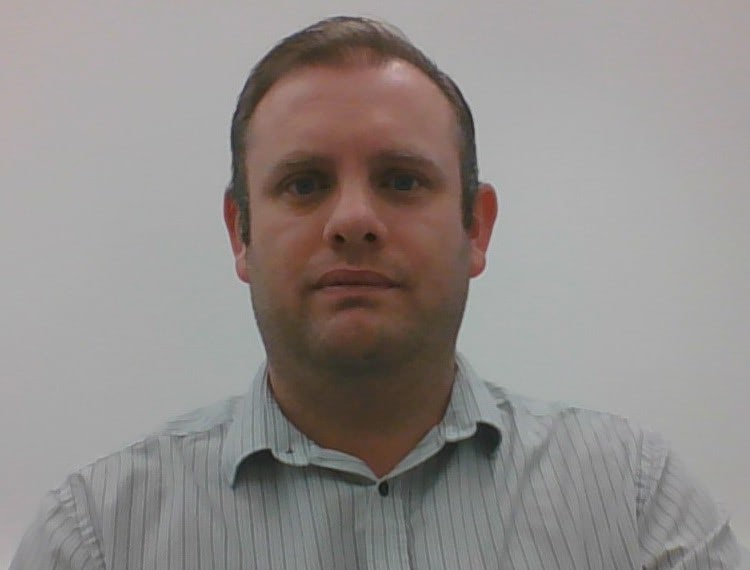The opportunity to build civic sustainability into our sector

“Climate change and sustainability are at the heart of what we do”… how many organisations can truly say that? Here @DandGCollege we can proudly say this, having embedded climate change action into our College way of life since 2014
As a college, we don’t just see sustainability as another target we have to achieve each year. We believe in the need to take action for the benefit of our local communities, for our region which thrives on attracting people to its clean and beautiful tourist attractions, and ultimately for the long-term sustainability of the College as an organisation. There is no greater civic mission than this, acknowledging that what we do can have an impact on others and on the world, preserving the it for future generations.
The recovery from the impact of COVID-19 must be a green one, with sustainability embedded in the reset of our society and economy. The pandemic has fundamentally changed the way our sector operates, and there is little chance of returning to “normal” anytime soon. We must embrace this opportunity to build sustainability into our sector.
We are in a good position to take this forward, having worked to build the foundations of our own progression to carbon net zero by implementing a climate change action plan over the last 5 years. This plan set out our aims and measures to help reduce our emissions year on year until 2020. The end goal was a 20% overall reduction, we achieved a 30% reduction.
For colleges to achieve real impact on climate change, collaboration has to be a central principle, both internally in each college and with our partners. From early on in our work we set up a sustainability committee, a mix of staff and students who met to review projects that had been implemented.
This is has now evolved into a climate emergency group, still a mix of staff and students, but with a more focussed view on climate change using 4 key pillars:
1. Education:
The cornerstone of our purpose as a College is to educate those who come through our doors. Our members look at how we can embed sustainability and climate change into our curriculum.
2. Innovation:
Members with expertise actively seek potential innovations that are emerging which would bring benefit to the College. These innovations may be technologies to help reduce our emissions or projects aimed at providing more sustainable solutions to existing processes.
3. Operations:
Members look at day-to-day issues for immediate implementation. Waste reduction, power down campaigns, sustainable travel campaigns and clothes recycling campaigns are all examples that have emerged through this.
4. Funding:
Our members actively seek funding opportunities to allow us to implement projects and campaigns.
The power of collective thought
By working as a group we are able to do more together. We have the power of collective thought, expanded networks and subject expertise combined with a passion to make a real difference for our students, our College and our region.
Clear leadership is always needed for climate change efforts. Our Principal and CEO, Joanna Campbell, has embedded climate action into our strategic plan, Ambition 2025. By doing this, Joanna has shown that the College provides a commitment which is led from the very top of the organisation, something which is of the utmost importance when setting out any vision. To enhance that even further, our Principal, Chair of our Board and Student Association president have signed a climate emergency charter.
Our collaboration doesn’t stop internally. We collaborate with our sector and region to go further and achieve wider impact.
Through the EAUC, the College is part of a small institutions sustainability network which provides a forum for Scottish FE and HE institutions to discuss sustainability actions, organisational progress and also to benchmark our reporting submissions annually. This network is vital as it provides a support mechanism for College leads and an opportunity to share best practice.
We lend our skills and expertise to the College’s wider community, too. The local economic development group have worked with us on a number of projects in recent years, with the College playing a leading role in utilising our network of people who have the sustainability skills and knowledge to provide strategic advice to our business partners.
A collaborative approach between all sectors is the only way we can really tackle climate change and drive a green recovery out of the pandemic. Our sector has a civic role to play to truly adapt to the future challenges our planet faces.
Billy Currie, Head of Corporate Services, Dumfries and Galloway College
Billy has been at Dumfries and Galloway College for over 4 years, joining from a private sector energy efficiency background. He is a local man and has a great passion to make his region the best in Scotland when it comes to education.










Responses